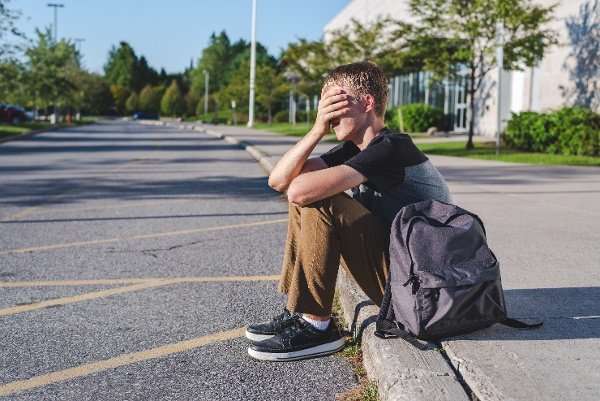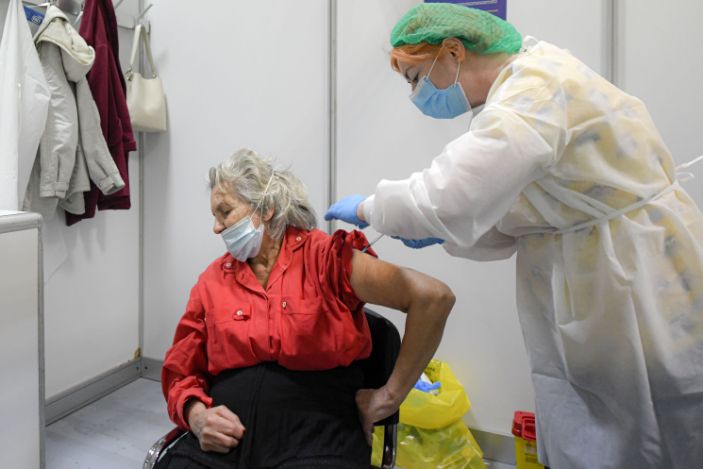It’s never been exactly easy to get a teenager up in the morning. But behind many of our children’s closed bedroom doors, something is now unravelling. Last spring and summer, parents of older children worried about them galivanting off for rebellious lockdown-busting parties. In the dark depths of January, the fear is more for kids with all the stuffing knocked out of them; teenagers spending the whole day huddled miserably under duvets, refusing to complete online lessons, or mentally checking out.
Illicit teenage parties were, of course, a health risk. But sad, withdrawn, angry kids who would rather roll over than face another day in lockdown represent a whole new medical crisis in the making.
This week, the children’s commissioner Anne Longfield warned that young people’s mental health services were “unable to meet demand” in a pandemic. Last weekend, a coalition of child health experts warned in a letter to the Observer that “children’s welfare has become a national emergency”. But these clinical terms can’t capture how it feels to have a once sunny-tempered child who suddenly won’t even dress or wash. Let alone sit through hours of Zoom lessons, facing an ever-longer waiting list for counselling.
Fiona Forbes of the campaign group Sept for Schools, which argues for education to be prioritised through the pandemic. She says the emails she gets from parents are becoming more desperate and frightened. “In the summer, it was about juggling – ‘I can’t oversee small children and try to work’. Now we’re getting stories every day of children who are ‘crumbling before my eyes’ as one mum put it. They can’t sleep, can’t eat, always in their pyjamas.”




